Alcohol-related motorcycle accidents in Brooklyn pose a severe public safety concern, with devastating injuries or fatalities. The vibrant local motorcycle community faces a dangerous mix of alcohol and freedom on two wheels. Analyzing statistics reveals geographic and traffic patterns contributing to these crashes. Targeted strategies, including increased police patrols, community education, and legal consequences, aim to mitigate risks and promote safer riding habits among Brooklyn motorcyclists. Supportive networks offer vital assistance for survivors and their families, while community initiatives collaborate to reduce alcohol-impaired riding through awareness, enforcement, and peer support.
In Brooklyn, alcohol-related motorcycle accidents pose a significant concern, with devastating consequences for riders and their loved ones. This article delves into the scope of these accidents, highlighting their impact on victims and communities. We explore legal implications and preventive strategies, including awareness campaigns and safety measures. Furthermore, it discusses support systems available for motorcyclists and their families, as well as community initiatives aimed at reducing alcohol-impaired riding. Understanding these aspects is crucial in mitigating the harm caused by alcohol-related motorcycle accidents in Brooklyn.
- Understanding the Scope of Alcohol-Related Motorcycle Accidents in Brooklyn
- The Impact: Victims and Their Stories
- Legal Implications and Consequences for Drivers
- Prevention Strategies: Awareness and Safety Measures
- Support Systems for Motorcyclists and Their Families
- Community Initiatives to Reduce Alcohol-Impaired Riding
Understanding the Scope of Alcohol-Related Motorcycle Accidents in Brooklyn
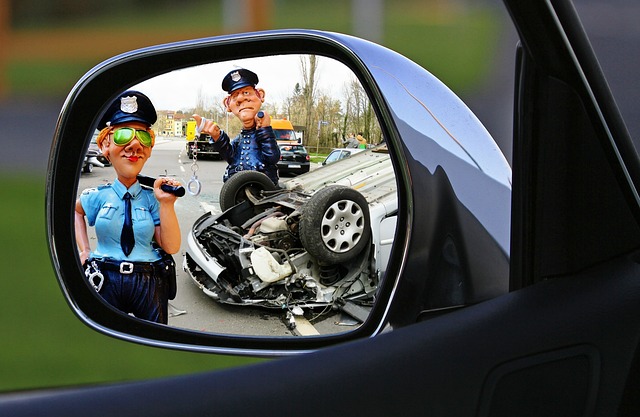
Alcohol-related motorcycle accidents in Brooklyn are a significant concern for public safety. These incidents often result in severe injuries or even fatalities, highlighting the urgent need to address this pressing issue. Brooklyn, as one of New York City’s vibrant boroughs, sees a bustling motorcycle community, with many riders enjoying the freedom and thrill of two-wheelers. However, when alcohol enters the equation, it introduces a dangerous element that can have devastating consequences on both riders and other road users.
Understanding the scope of this problem involves examining statistics and identifying patterns. Brooklyn’s unique geography and traffic flow play a role in the frequency and severity of these accidents. By delving into data, researchers can uncover insights: for instance, certain areas with high alcohol-related crashes may point to specific bars or entertainment districts. This knowledge is crucial for implementing targeted strategies, such as increased police patrols during peak hours or community education campaigns focused on responsible riding and drinking habits.
The Impact: Victims and Their Stories
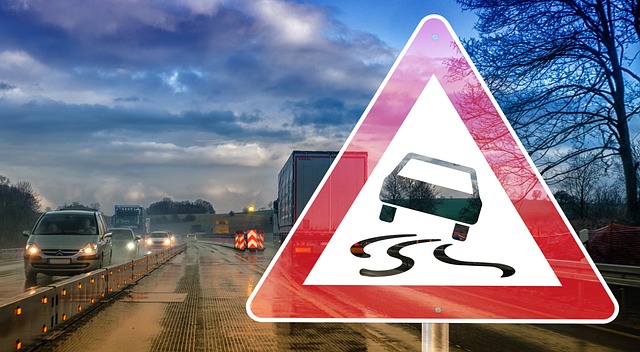
The consequences of alcohol-related motorcycle accidents in Brooklyn are devastating, often leaving victims with life-altering injuries or tragic ends. These incidents not only affect the riders but also their families and the broader community. Each crash tells a unique story—a narrative of moments that could have been avoided yet had profound impacts.
Victims of these accidents may face lengthy hospital stays, extensive physical therapy, or even permanent disabilities. Their stories often revolve around the struggle to regain independence and the emotional toll of facing such unforeseen circumstances. Moreover, the ripple effect extends beyond the individual, affecting friends, loved ones, and the supportive network that forms around those who have been injured or lost a rider in these tragic events. Brooklyn’s streets bear witness to these sobering realities, emphasizing the urgent need for awareness and prevention measures to curb alcohol-related motorcycle accidents.
Legal Implications and Consequences for Drivers
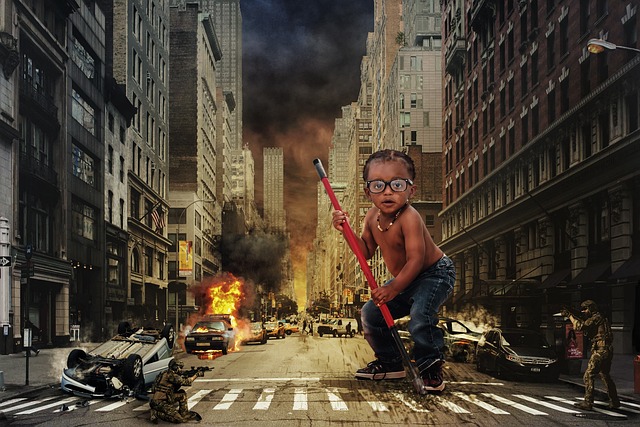
In Brooklyn, as with many jurisdictions, driving under the influence (DUI) of alcohol carries severe legal implications, especially when involving motorcyclists. If convicted, individuals face significant penalties, including substantial fines, license suspension or revocation, and potential jail time. The consequences can be even more dire if the DUI results in an accident, particularly one that injures or kills a motorcycle rider. These incidents are classified as alcohol-related motorcycle accidents Brooklyn and are treated with utmost seriousness by law enforcement and prosecutors.
The legal system approaches these cases rigorously to deter future instances of impaired driving. Blood alcohol level (BAL) tests, field sobriety tests, and witness statements play pivotal roles in building a robust case against accused drivers. Motorcyclists who survive such accidents may find themselves navigating not only physical injuries but also the complex process of pursuing legal redress or facing charges as victims. Understanding their rights and the potential legal outcomes is crucial for all parties involved in alcohol-related motorcycle accidents Brooklyn.
Prevention Strategies: Awareness and Safety Measures
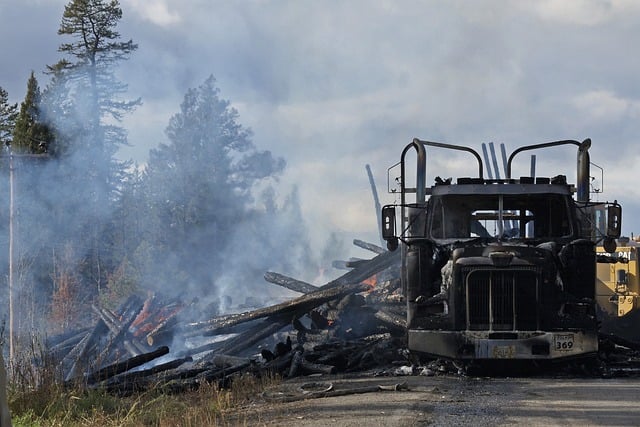
In the context of Alcohol-Related Motorcycle Accidents Brooklyn, prevention is key to ensuring safer roads. One of the primary strategies involves raising awareness about the dangers of drinking and riding. Educational campaigns can highlight the risks associated with impaired driving, emphasizing that motorcycle accidents caused by alcohol have severe consequences. By fostering a culture of responsibility and safety, riders are encouraged to make wise choices, such as designating a sober driver or planning for alternative transportation when consuming alcohol.
Safety measures play a crucial role in preventing these accidents. This includes promoting the use of protective gear like helmets and reflective clothing, ensuring proper motorcycle maintenance, and encouraging defensive riding techniques. Law enforcement efforts can also be intensified to deter impaired driving, with stricter penalties and regular sobriety checkpoints. Additionally, community initiatives can foster support networks for riders, offering resources and guidance on responsible drinking and safe riding practices in Brooklyn.
Support Systems for Motorcyclists and Their Families
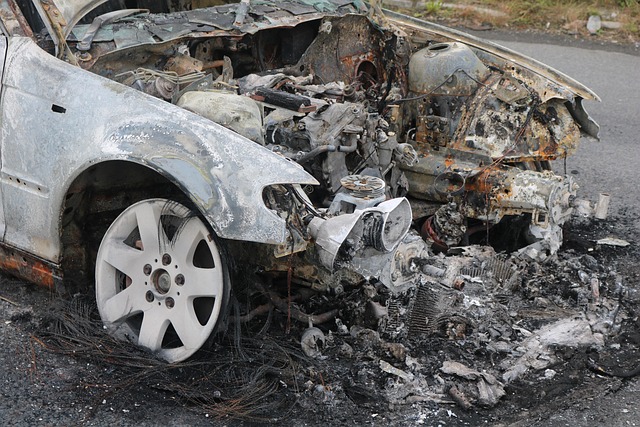
In the aftermath of alcohol-related motorcycle accidents in Brooklyn, it’s crucial to acknowledge the significant role support systems play in the recovery and healing process for both motorcyclists and their families. Many organizations and community groups have sprouted up specifically to cater to this need, offering a range of services from legal aid to emotional counseling. These support networks are vital in navigating the complex legal landscape that often follows such accidents, ensuring motorcyclists and their loved ones receive fair compensation for losses incurred.
Moreover, peer support groups provide a unique opportunity for individuals involved in alcohol-related crashes to share experiences, connect with others who understand their struggles, and foster a sense of community. This camaraderie can be instrumental in overcoming the challenges that arise from physical injuries, financial strain, and the emotional toll of such traumatic events. By fostering a supportive environment, these groups contribute to the overall resilience and well-being of Brooklyn motorcyclists and their families.
Community Initiatives to Reduce Alcohol-Impaired Riding
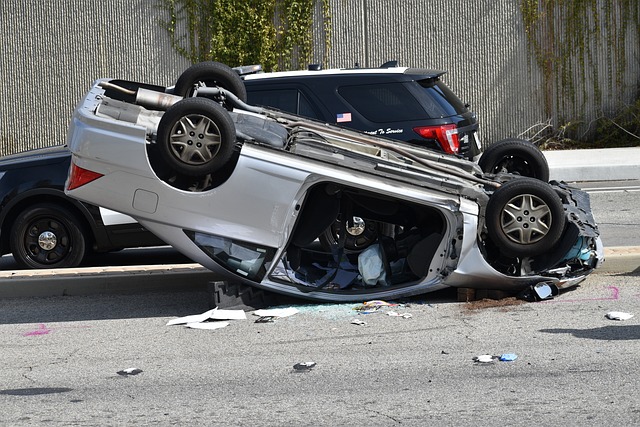
In response to the alarming rate of alcohol-related motorcycle accidents in Brooklyn, community initiatives have emerged as a beacon of hope. Local organizations and law enforcement agencies have joined forces to raise awareness about the dangers of impaired riding. These efforts include public education campaigns that highlight the devastating consequences of combining alcohol and motorcycles, along with stricter enforcement of drunk driving laws specifically targeting riders.
One notable strategy is the implementation of designated driver programs tailored for motorcycle enthusiasts, encouraging responsible drinking and alternative transportation options. Additionally, community-led peer support groups have been formed to foster a culture of accountability among motorcyclists. These initiatives aim to not only deter alcohol-impaired riding but also promote safer driving habits within Brooklyn’s motorcycle community.
Alcohol-related motorcycle accidents in Brooklyn have far-reaching consequences, impacting not just individuals but entire communities. By understanding the scope of this issue, acknowledging the human stories behind the statistics, and implementing effective prevention strategies, we can create a safer environment for motorcyclists. Legal repercussions serve as a deterrent, while support systems ensure that victims and their families receive the necessary help. Community initiatives focused on reducing alcohol-impaired riding demonstrate a collective commitment to making Brooklyn’s roads safer. Together, these efforts can significantly minimize alcohol-related motorcycle accidents and save lives.
